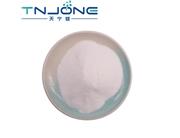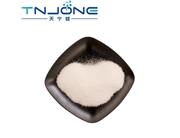Factory Provide Best Price CAS 747-36-4 Hydroxychlorquine Sulfate Powder

Introduction
Product Name : Hydroxychlorquine Sulfate
Other name:2-((4-((7-chloro-4-quinolinyl)amino)pentyl)ethylamino)ethanolsulfate(1:1)(;7-Chloro-4-[4-(N-ethyl-N-b-hydroxyethylamino)-1-methylbutylamino]quinoline sulfate;Plaquinol;Hydroxychloroquine sulfate
CAS No.:747-36-4
MF:C18H28ClN3O5S
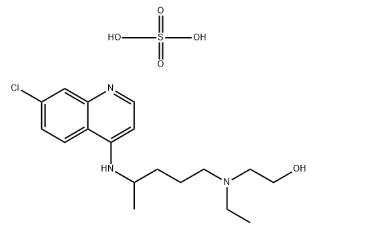
Purity :99%
MW:433.95
Melting Point :240 °C
Appearance: white to off white powder
Storage :Sealed in dry,Sealed in dry,Room Temperature
Hydroxychloroquine Sulphate was synthesized from Surrey and Hammer in 1946. Hydroxychloroquine sulfate has antipyretic, arthritis and eliminate rash inhibition, its anti-inflammatory and immune suppression and immune regulating mechanism in the complex. In the 1950 s, along with antimalarial drugs in systemic lupus erythematosus (SLE) and rheumatoid arthritis (RA) is the application of the treatment, the curative effect of hydroxychloroquine sulfate used in the treatment of the rheumatic diseases for sure. Hydroxychloroquine sulfate used in systemic lupus erythematosus (SLE) and rheumatoid arthritis (RA) and so on the treatment of rheumatism, safe, effective and well tolerated. Since the 1990 s, more than 90% of clinical treatment of rheumatism choose hydroxychloroquine sulfate.
Item | Specification | Results |
Appearance | White Crystalline Powder | Comply |
Melting point | 166-170°C | 167.3-168.1°C |
Identification | Positive reaction | Positive reaction |
Related substances | ≤1.0% | 0.16% |
Loss on drying | ≤0.5% | 0.06% |
Residue on ignition | ≤0.1% | 0.02% |
Chloride | ≤0.014% | <0.014 |
Heavy Metals | ≤20ppm | <20ppm |
Clarity of solution | Conform to standard | Complies |
Microbial Limit | ≤20ppm | <20ppm |
Assay | ≥99.0% | 99.12% |
Application
The hydroxychloroquine sulfate is a synthetic derivative of quinolyl with chemotherapeutic and antibiotic properties, Hydroxychloroquine Sulfate acts against erythrocytic malarial parasites (Plasmodium vivax, ovale, and malariae) by concentrating in food vacuoles. It inhibits plasmodial heme polymerase and acts through other unknown mechanisms. Hydroxychloroquine also has anti-inflammatory properties and used in the treatment of rheumatoid arthritis and lupus erythematosus.

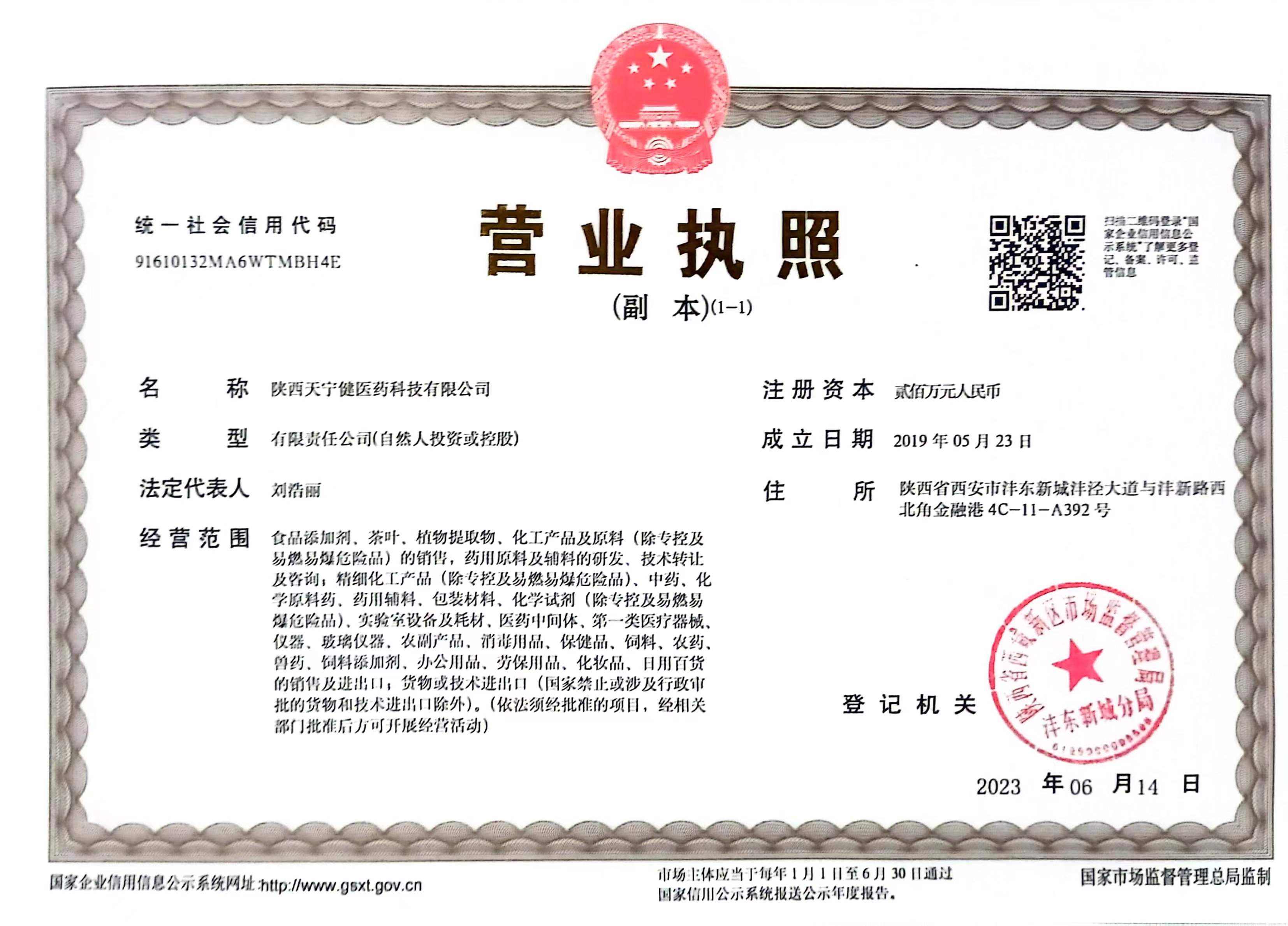
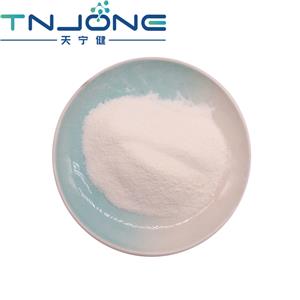
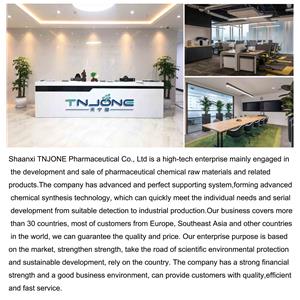

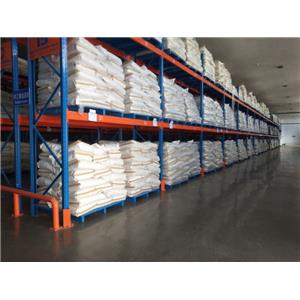


 China
China



